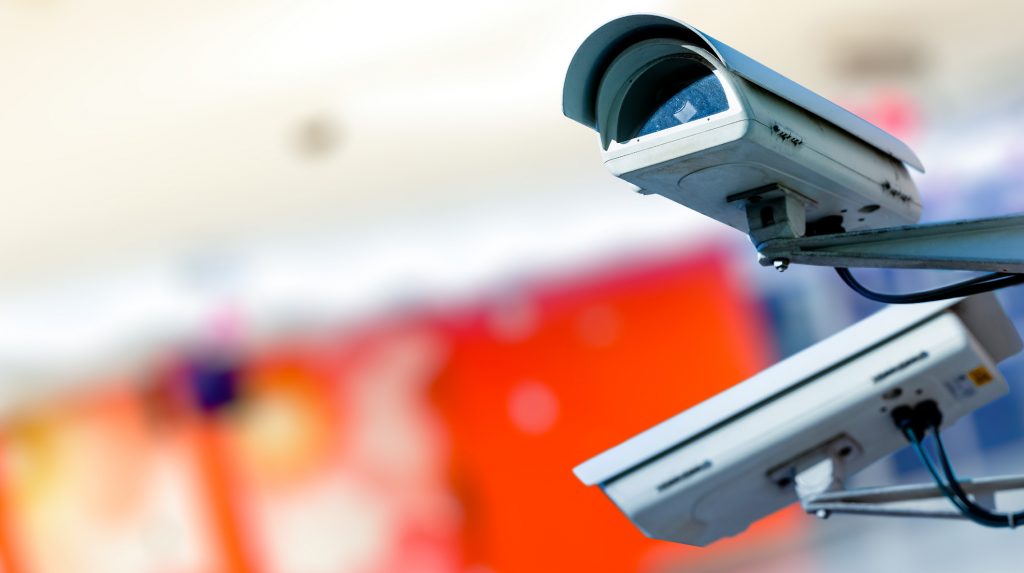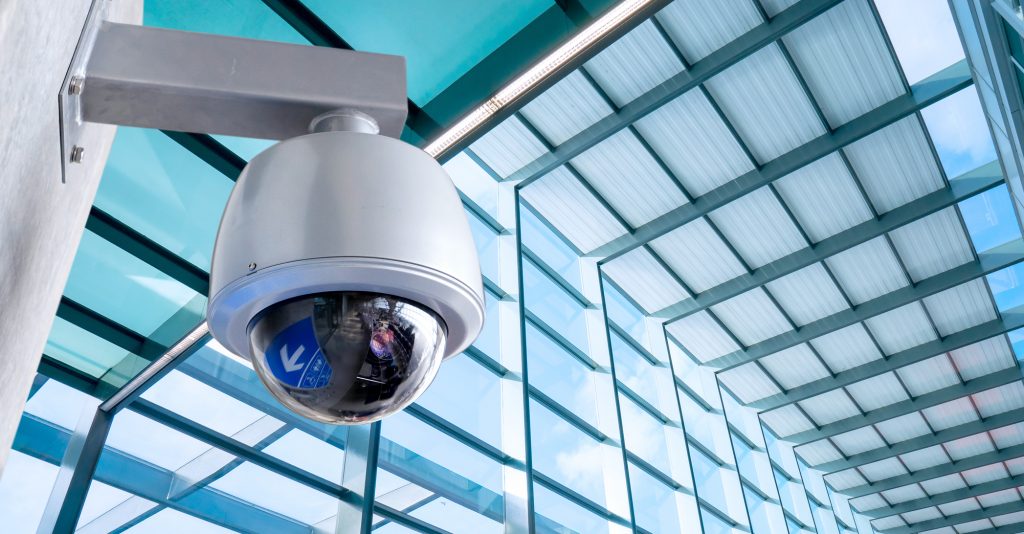CCTV Legal Requirements and Laws Explained: Commercial and Domestic Use
More and more people are starting to invest in CCTV cameras, both for domestic and commercial use. They help protect homes and businesses from criminal activity, as well as inadvertently recording other occurrences, such as road traffic collisions, for example.
There’s no doubting that CCTV cameras are incredibly useful and worth investing the time and money in. However, there are legalities which must be adhered to with regards to recording and obtaining CCTV images. We’re here to explain them to you.

Can I install CCTV at home?
The short answer to this is yes, you have the right to protect your property and CCTV will do just that. Before buying and installing your CCTV system, ensure you have a definitive answer to the following questions:
- Why do I need CCTV?
- What do I want the CCTV cameras to record?
- Are there any other measures I can take to help increase the protection of my property?
Can I install CCTV on commercial property?
You can install CCTV cameras in and around your commercial premises. However, there are strict guidelines which need to be followed. You must:
- Mount signs which make others aware that your CCTV cameras are filming and why.
- Be able to provide images within 40 days (you could charge up to £10 for this service).
- Share images with the authorities (e.g. the police) as and when requested and with no charge.
- Do not keep CCTV images for no longer than is necessary.
Be aware, there are more rules that businesses have to adhere to under the Information Commissioners Office (ICO).
Do you need permission to install CCTV?
To install CCTV on a domestic property, permission isn’t normally required. If you live in a listed building or in a conservation area, there may be some restrictions with regard to the installation of security cameras. To check, speak to your local planning authority before purchasing equipment.
Prior to the installation of CCTV on commercial premises, register with the ICO and a Privacy Impact Assessment must be conducted. Subsequently, strict guidelines must be followed.
Is CCTV covered under the Data Protection Act (DPA)?
CCTV of any kind, whether being used for domestic or commercial purposes, is included under the DPA and the ICO. It is highly recommended that anyone using CCTV must conduct a Data Privacy Impact Assessment, ensuring that you’re not reducing the privacy of data subjects.
How do I comply with the DPA?
Simply, you must follow the guidelines that have been set by the ICO. Different rules and regulations must be adhered to depending on whether you plan to use it for domestic or commercial purposes.
Domestic CCTV can be controversial, as a result, there are guidelines which must be followed:
- You must have a valid reason for installing CCTV on your premises.
- You need to know the designated areas in which the recording will take place and subsequently notify your neighbours.
- A sign must be visible, stating that surveillance is taking place.
- Ensure your camera is positioned away from your neighbours property. If this isn’t feasible, you can use privacy masking.
- If you wish to operate CCTV outside of your property boundary and do not wish to use privacy masking, you must register as a CCTV operator with the ICO.
- You’re not allowed to record conversations between members of the public.
- You cannot keep recordings for longer than necessary (31 days is standard).
- Ensure the date and time is set correctly.
- Only use collected footage for the purpose of protecting your property.
Commercial CCTV seems to be more widely accepted within society, however tighter rules must be adhered to:
- Register with the ICO as a CCTV operator and state the purpose for your CCTV system.
- A Privacy Impact Assessment must be done and published accordingly, along with the name of someone within your business who people can contact should they have questions or complaints about your CCTV system.
- Signs must be mounted which clearly state that CCTV surveillance is in operation.
- Ensure all staff are aware of their responsibilities, the policies and procedures regarding CCTV surveillance.
- Keep saved footage secure and don’t keep it for longer than necessary (31 days is standard).
- Restrict staff access to CCTV footage and implement a disclosure policy.
- Don’t record conversations between members of the public.
- Follow recognised technical and operational standards when required.
- Don’t install CCTV in private places (e.g. changing rooms or toilets).
- Ensure the date and time are set correctly, just in case any footage is needed by the police or used as evidence in court.
- Regularly audit your CCTV operation for legal requirements and policies and publish those findings in a document.
- Ensure your reference database is accurate and up to date.
When can I hand over CCTV footage?
You may hand over CCTV footage if the request is in relation to police investigations, legal proceedings/insurance purposes and subject access requests. Individuals can only be given access to CCTV if it captures them alone and no third parties. For example, a road traffic collision could involve multiple people, therefore, only the police, insurers or solicitors have the legal powers to request the footage in its entirety.
Can I watch my staff on CCTV?
Employees have strong protection of their data under the General Data Protection Regulation (GDPR). This prevents employers from using the cameras for a different reason than was initially intended. Employers must not act in a manner which can destroy or diminish the relationship of mutual trust between themselves and employees. If CCTV is installed to act as a deterrent to stop customers from stealing, employers cannot use it to monitor employees on lunch breaks, for example.
Using CCTV responsibly
Ensure you’re following the specific guidelines for CCTV monitoring on domestic and commercial properties. The legal responsibility lies with the person who decides the data that’s processed, why and how. The DPA will refer to this person as the ‘Data Controller’.
Failure to comply with ICO published guidelines or sections under the DPA could land you with a hefty fine, especially if you’re using CCTV monitoring on commercial premises. Businesses could be liable for fines of up to £500,000, so it’s important the surveillance isn’t misused.
AAI Security Systems offer a wide range of high-quality security options for homes and businesses throughout London and the Home Counties. From burglar alarms to CCTV cameras, our expert team are on hand to provide you with the advice and assistance needed to find a security system which is right for your needs. Get in touch with us today for more information.









